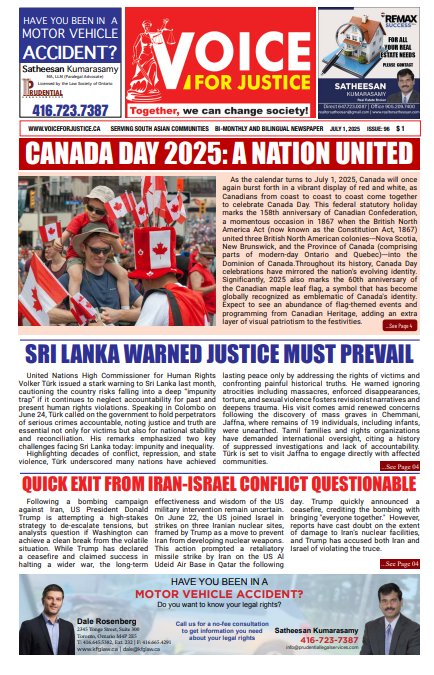Need law for investigating agencies to conduct surveillance: Justice MM Sundresh
10-Jul-2024Justice Sundresh noted that such a statute and any action taken under such a law may constitute a curtailment of privacy.

Justice MM Sundresh of the Supreme Court on Saturday observed that there is a need to codify the law enabling law enforcement agencies to carry out surveillance while ensuring that fundamental rights, including the right to privacy, are safeguarded.
The judge was speaking on the theme of “State Surveillance and Privacy - The Lakshman Rekha Between” during the 3rd Justice HR Khanna Memorial National Symposium organised by the Confederation of Alumni for National Law Universities Foundation (CAN Foundation).
"Any action facilitating a State machinery must be backed by the authority of law. For that, there must be a codified law that empowers an investigating agency to undertake an act of surveillance. Needless to state, such a law must be subject to the Constitutional mandate, with specific reference to Part III of the Constitute. This would prevent any arbitrary action while preserving the privacy of the individual," he said.
Justice Sundresh noted that such a statute and any action taken under such a law may constitute a curtailment of privacy.
Therefore, this law should also set out its objectives and the manner in which the authorities should proceed, he said. A core consideration ingrained in such intrusions into privacy should be proportionality, he added.
He emphasised that the need of the hour is to take note of the voice and concerns expressed in the Puttaswamy judgment, which held that privacy is a fundamental right. There is a need to uphold privacy through the doctrine of proportionality, the judge explained.
The judge also remarked that the march of technology cannot be stopped.
"Use of technology cannot be stopped, being an instrument of progress, (but) it must not be allowed in the hands of unwanted elements. A clear demarcation is needed by drawing a Lakshman Rekha during a criminal investigation (when surveillance is used)," he said.
Speaking on the need for surveillance, Justice Sundresh said,
"Surveillance and privacy must live and function together. As long as there is privacy, surveillance will certainly continue. The modern world has indeed become a difficult place to live and to maintain peace. The cost of peace is obviously very high. Any State which lacks expert surveillance would be considered a weak one and susceptible to attack from unknown sources. It may also be required in the larger interest of the public."







